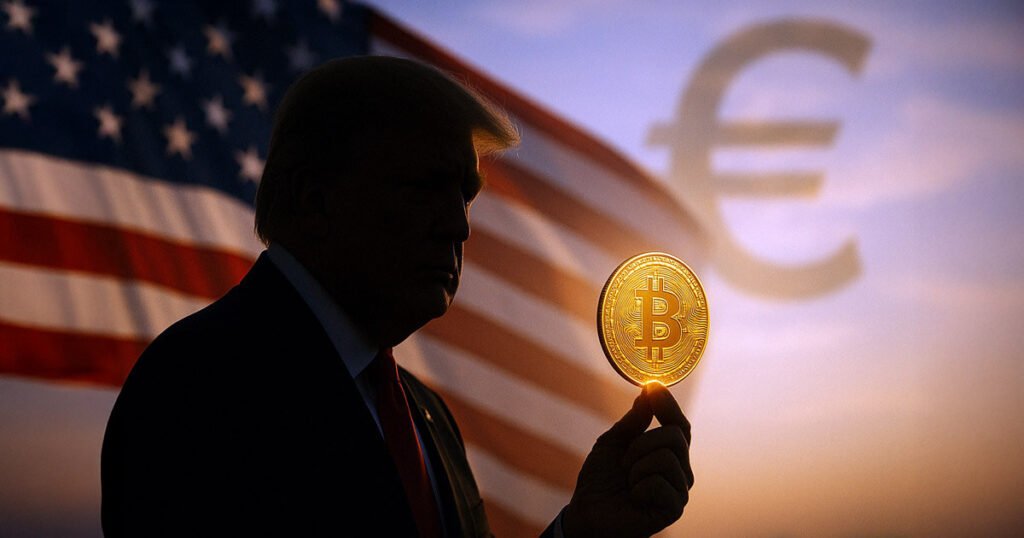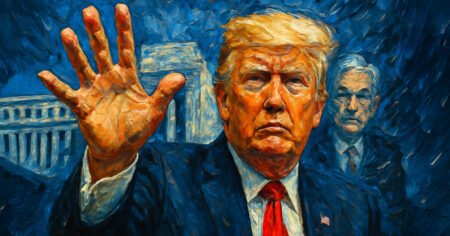The European Central Bank (ECB) has raised concerns over the potential implications of US President Donald Trump’s positive stance towards cryptocurrencies. A recent policy paper highlighted the risks associated with US stablecoin legislation and its potential impact on the European financial ecosystem. The ECB argued that the EU’s Markets in Crypto-Assets (MiCA) regulation may not be strong enough to prevent market instability caused by major US policy changes. They specifically pointed out the risk of Europe-based stablecoin issuers pooling resources with companies in third countries, leaving the region vulnerable. As a result, the ECB has called on EU lawmakers to revisit MiCA and implement stricter regulations on stablecoin issuance and cross-border asset flows.
Despite the ECB’s warnings, the European Commission has downplayed concerns about the current legal framework governing digital assets in the EU. The Commission believes that existing laws offer sufficient control over digital asset risks within the region. MiCA regulations have already imposed stringent requirements on stablecoin issuers, leading to only a handful of firms meeting compliance standards. However, Tether, the issuer of the world’s largest stablecoin USDT, has failed to comply with MiCA guidelines, resulting in several European exchanges delisting USDT in recent months.
While the European Commission remains confident in the current regulatory framework, global watchdogs continue to express apprehension about the dominance of US-backed stablecoins in the market. These digital assets, predominantly backed by American treasury assets, control a significant portion of the stablecoin market. Analysts caution that if the US enacts comprehensive regulatory measures, it could consolidate Washington’s influence over the digital finance sector. This concentration of power has raised alarm bells among global economic players, with Chinese economist Zhang Ming echoing the ECB’s concerns about US control in the stablecoin sector.
Zhang highlighted the potential implications of US dominance in stablecoins, warning that it could extend America’s influence over the global financial system. In response, he urged Chinese policymakers to accelerate efforts to internationalize the digital yuan as a countermeasure. As the debate over regulatory oversight and competition in the digital asset space continues, it remains to be seen how global financial authorities will navigate the evolving landscape of digital finance.

















